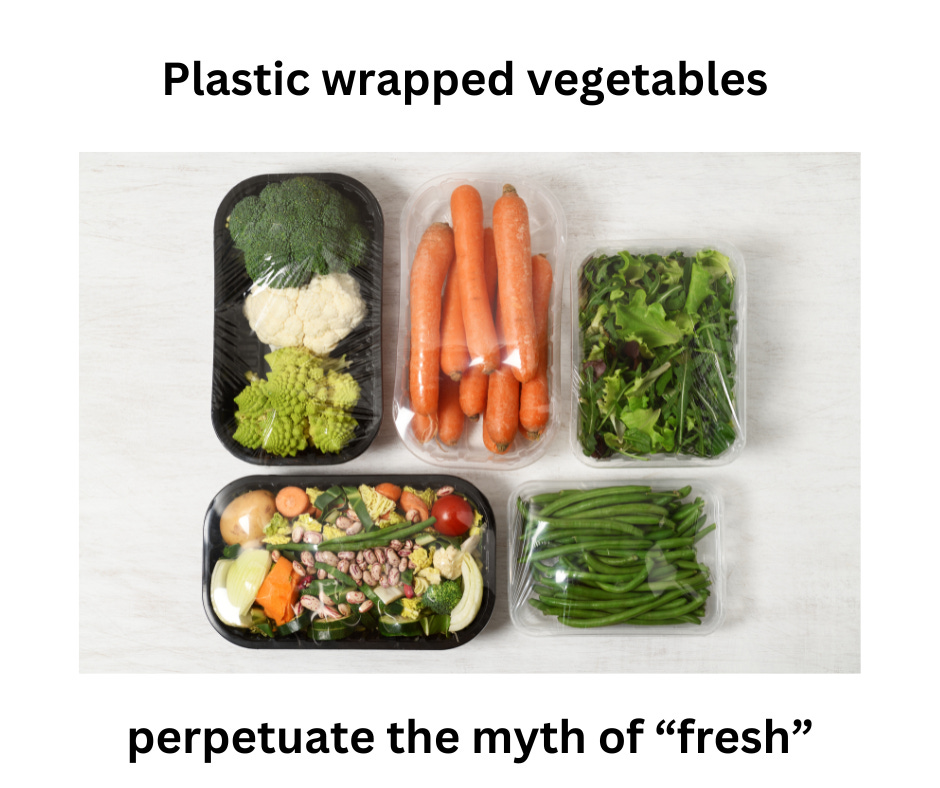How Gardening Transforms Your Relationship With Food
Step back into growing to advance your health
Most of us want to change something about our diets. You might be looking to eat healthier overall, lose that extra weight, reduce the impact of inflammation or disease, or just create more energy.
I think for me, it’s all of those things and probably a few more. I also want to eat food that I know is nutrient dense, chemical-free, and minimally processed.
All of this is much easier said than done. And that raises some important questions:
How do we actually transform our relationship with food?
How do we ultimately change our food habits?
There is no one-size-fits all solution to the concept of a healthy diet.
I recently wrote that one of the key lessons from Blue Zones is that the diet of these centurions is different in different parts of the world. There is no universe criterion like low carb or vegan or omnivore or no bread, avoid pasta, etc. There are many successful cultural solutions to living a long life in good health.
And yet so many people today are NOT in good health. They need to re-define their relationship with food and yet the standard diet advice doled out fails over and over again.
What jumps out to me, is that we seem to ignore one of the richest pathways to effect long-term change in our diets - and that’s through gardening.
Let’s explore how gardening can transform your relationship with food in unique and lasting ways.
Information does not become transformation
- Tracy Litt
I truly love the way my brain works and how I can, at times, connect the dots between seemingly unrelated things.
I was recently listening to an early episode of Tracy Litt’s podcast. For those of you who have not encountered her before, Tracy is a success coach and author of the book Worthy Human. I have benefited greatly from being in her programs and I like to go back and re-listen to the podcasts from time to time.
As an aside, if you want to learn more about what Tracy does – check out her SuperNova Experiment starting Jan 25, 2024. I really enjoyed this program when I took it a couple years ago - and this is not an affiliate link.
So I was listening to Episode 15 – The Truth About Gratitude and these words jumped out me:
“Information does not become transformation . . .In order to take information and have it become transformation, there has to be application in the middle . . . . We have to be ‘in practice’ for something to change.”
When I put this concept together with food, it feels like one of those ah-ha moments.
Transformation isn’t achieved by knowing, transformation is achieved by doing.
You can know the path, but it isn’t Your path until you walk it.
You can know physical activity is good for you, but you don’t benefit unless you do it.
You can know certain foods are healthy, but they don’t transform your health until you eat them on a regular basis.
We need to put the ACTION back into our relationship with food in order to create the transformations we desire.
But the sad truth is that just telling ourselves we are going to buy more healthy foods often fails. It’s too easy to succumb to convenience, habit and cravings.
We need a different strategy.
Gardening takes food action to a whole different level.
Gardening is an application of what we know about food.
It also sets us up to successfully delay gratification with our food. The closest you can get to an instant-win in gardening is growing micro-greens, and even they take several days to produce something you can eat.
Gardening helps us transform our relationship with food because it taps into our ancient lives as hunter-gatherers. It triggers all of our senses and connects that burst of brain activity directly to healthy food.
Think about it.
To grow some of your own food, you need get some seeds, prepare some soil, plant, water, weed, monitor, and harvest as a bare minimum set of steps to get from seed to food.
In the days or weeks (or months!) that intervene you are nurturing that food, thinking about that food, anticipating what you will make with that food . . . . and when the time comes, that first bite is such a reward. Every step of the way has been focused on creating healthy food that you then eat.

Few activities can boast such a powerful cocktail of physical and mental activity all geared towards actualizing healthy food.
You might argue that cooking food at home engages our senses and focuses us on food. And that is true, but only to a point because:
You can cook at home and still have a diet filled with ultra-processed foods; and
Most people cook and then eat, so there is no delay in gratification compared to the time frame over which gardening unfolds.
That means gardening trumps cooking as a pathway for food relationship transformation, at least in my way of thinking.
Fresh is Best
One of the most powerful aspects of gardening that transforms our relationship with food is engraining the definition of FRESH, and what fresh food actually tastes like.
There is precious little in grocery stores these days that qualifies as truly fresh food. If you are lucky enough to access to a Farmer’s Market or farm-food box program, then you already know what I mean. The longer you eat grocery store food, the less you can remember what fresh food actually tastes like.
That is exactly what the multi-national food corporations working to control the food supply are banking on. It means more and more of the food chain is doused in food additives in the name of “preserving freshness”. Instead, their main motivation is preserving shelf-life in order to maximize the profitability of their products.
The ever-increasing use of plastic as food packaging ensures that everyone on the planet has either been directly exposed to plastic effects from the food they eat, or from micro-plastics that now pollute the water, land and air.
The impacts from profit-driven food additives are becoming more and more apparent as companies engage in “skimpflation” - a term that has been coined to describe how companies are using cheaper ingredients, and in some cases more additives, in order to maintain their profits when still charging you the consumer the same or higher prices.
The concept of fresh, nutrient-dense foods is spiraling further and further out of sight.
But there is no skimpflation in the garden. Or food additives, or plastic wrap.
A garden gives you access to fresh whole foods, and helps you tune into what real food is supposed to taste like. That benchmark can totally change your perspective when you later go shopping for food at the store.
Action is the essential element for transformation
I can hardly wait for the weather to be warm enough to start gardening outside again! The worst of the deep freeze might be behind us here in Canada (maybe). The days are getting longer at least. And in no time, it will be warm enough to start up some cool-season veggies for the garden.
No matter how or when you start growing plants, make 2024 the year you experiment with gardening as part of your efforts to generate a healthier you. By engaging all of your senses, and influencing both your physical and mental health, the act of gardening transforms the way we experience food.
No amount of reading about, or thinking about, health will make you healthier on its own. Action is the essential element of transformation. Growing food makes you an active participant in sustaining yourself.
And the anticipation of first bite, keeps you coming back for more.
Are you planning a garden in 2024? Let me know what that looks like for you, or what is holding you back, in the comments.







I don't think we would be very successful growing much of anything in our Los Angeles apartment. A big want when we move to Spain is, at least, a terrace with some sun where we can grow something. A rooftop or outdoor patio would be cool, too. We'll see!
Great article. Undertstanding how food is grown and the development of flavour from the growing process is definitely something that's missing for many people in their relationship with food.